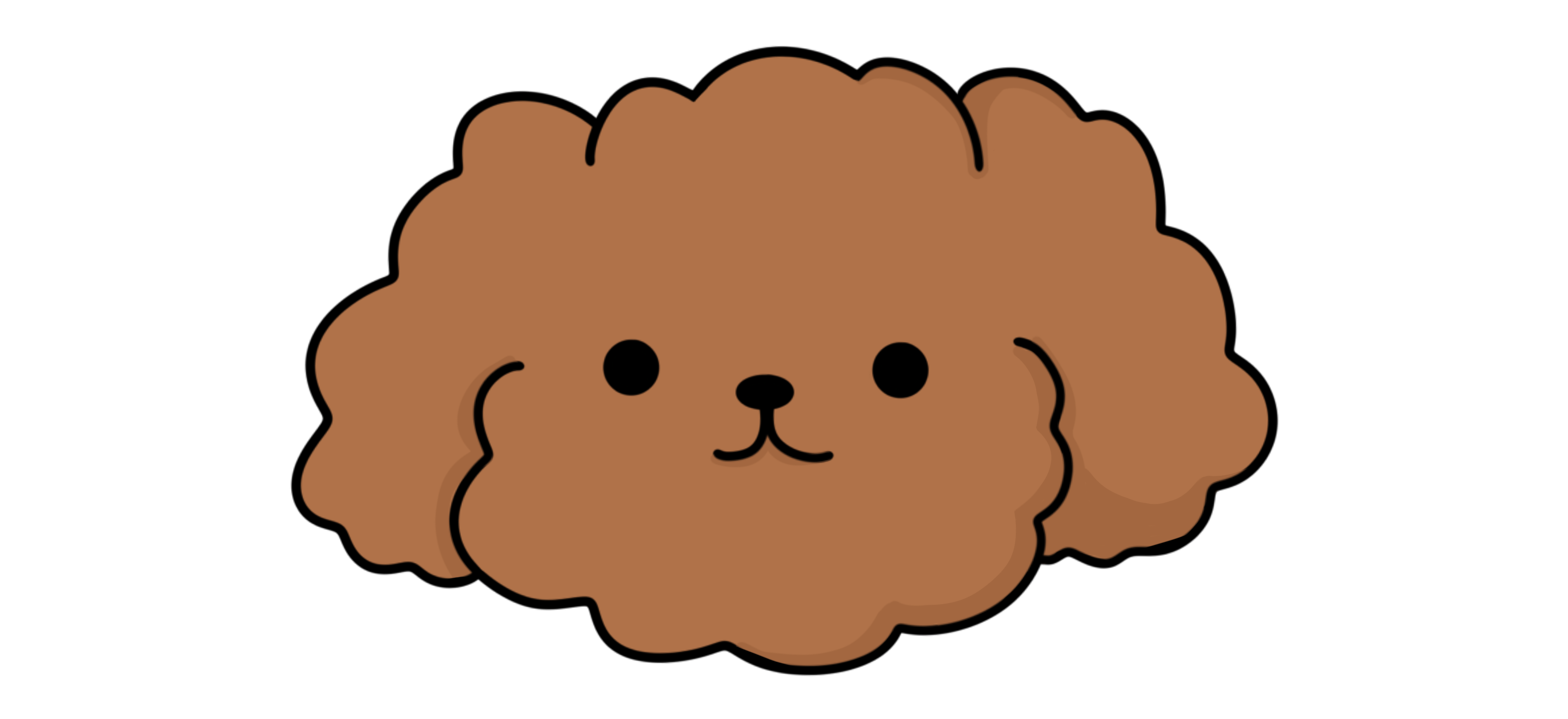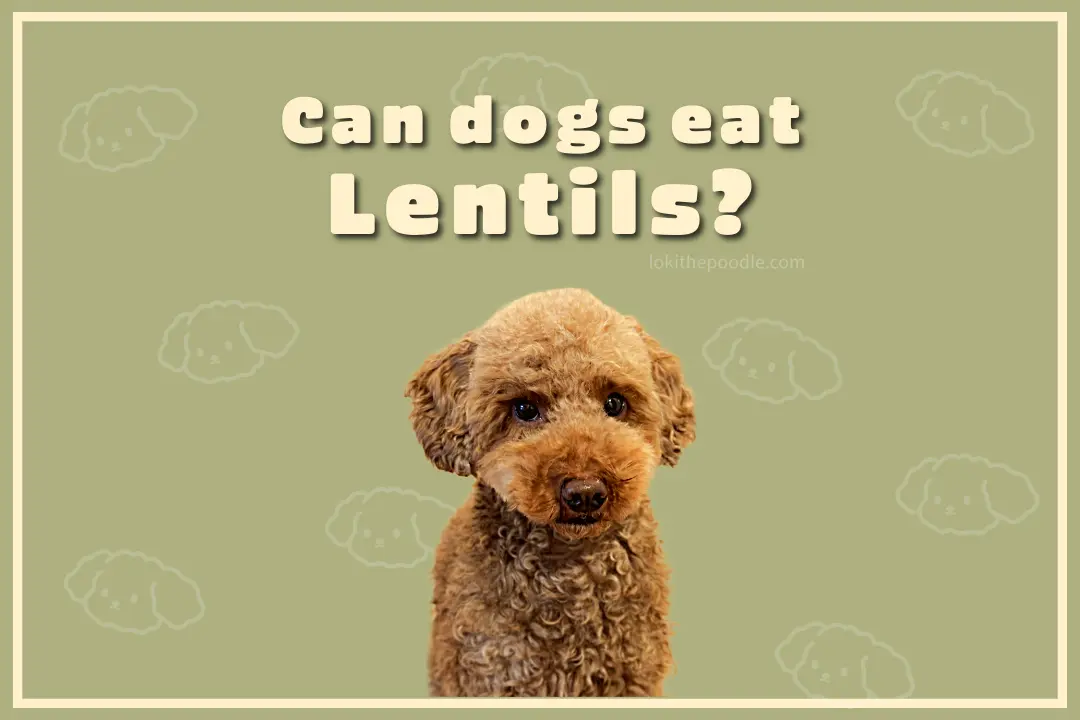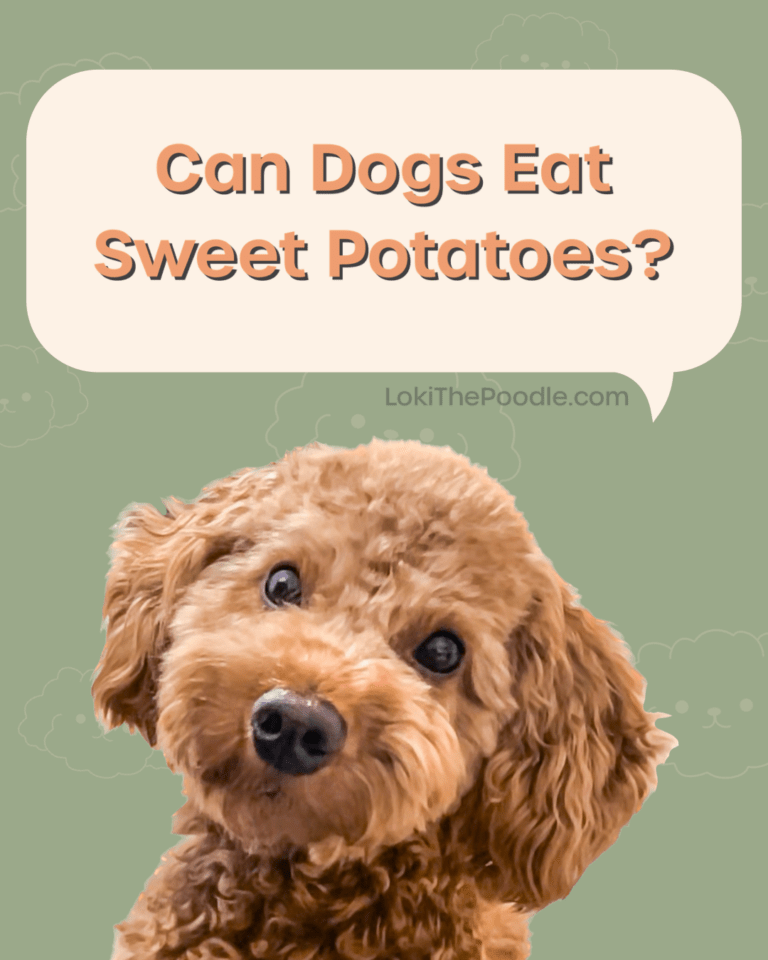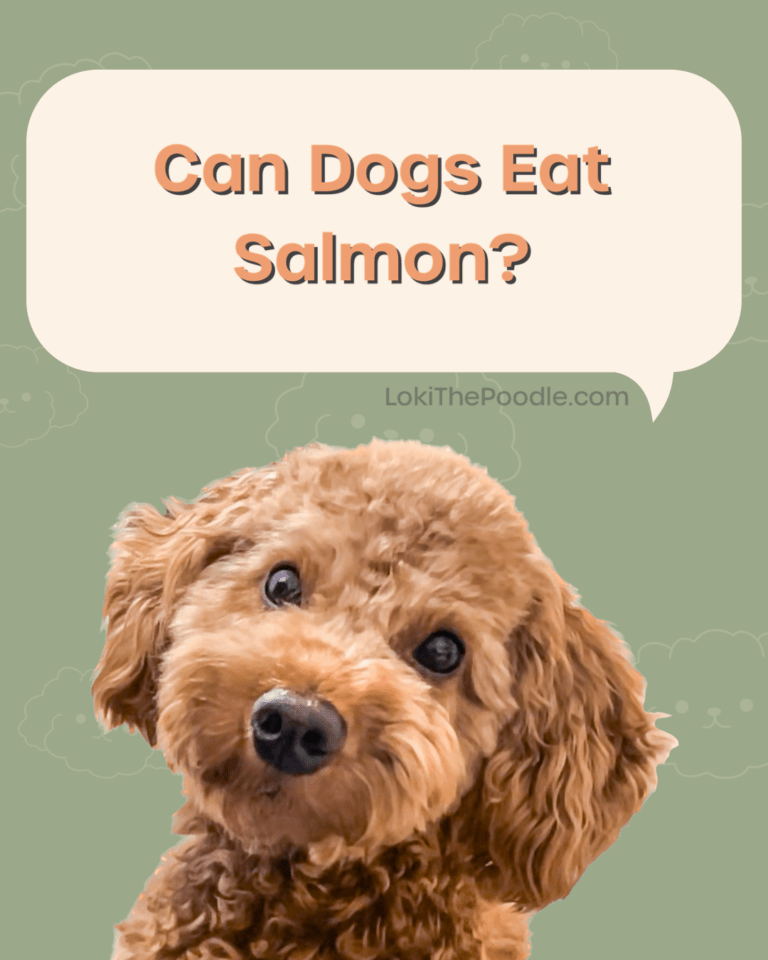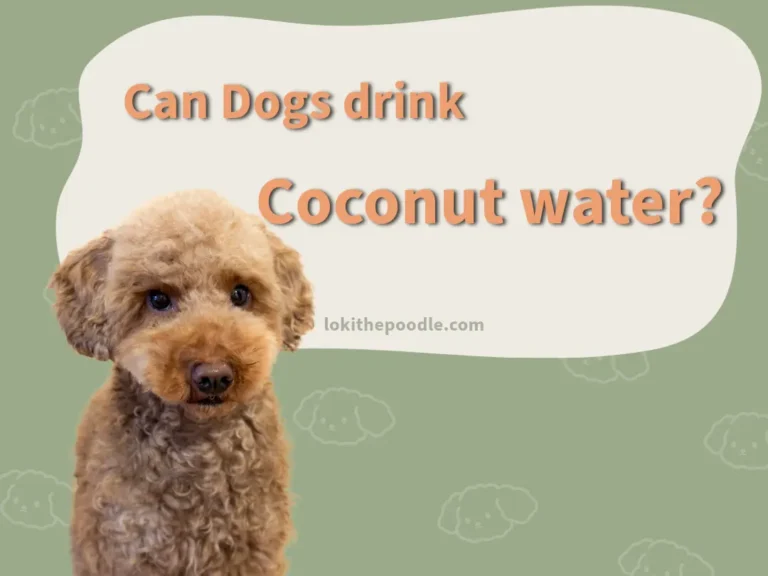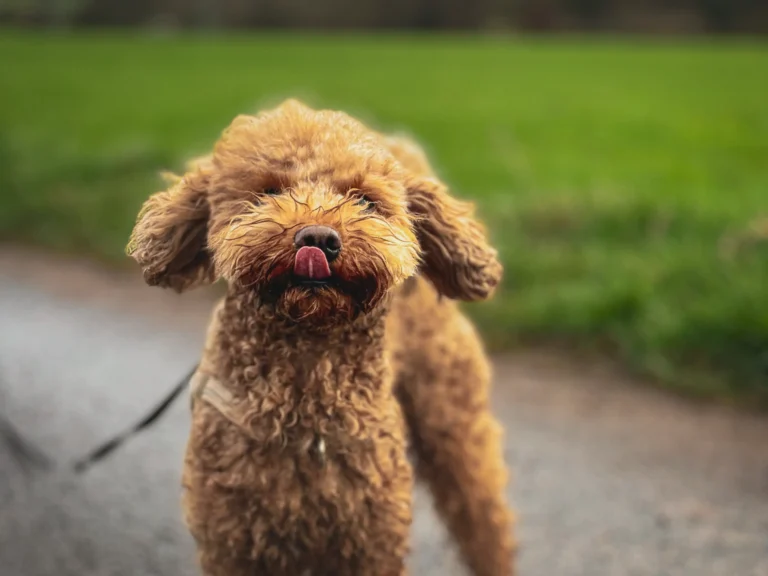Can Dogs Eat Lentils?
While lentils are not toxic to dogs, there are important recent concerns about their regular consumption. Lentils are rich in protein, fiber, iron, and folate, but they should be fed with caution due to emerging research about potential heart health risks.
IMPORTANT HEALTH ALERT The FDA has issued warnings about a potential link between legumes (including lentils) as main ingredients in dog food and canine dilated cardiomyopathy (DCM), a serious heart condition. This is particularly important to consider when deciding whether to feed lentils to your dog.
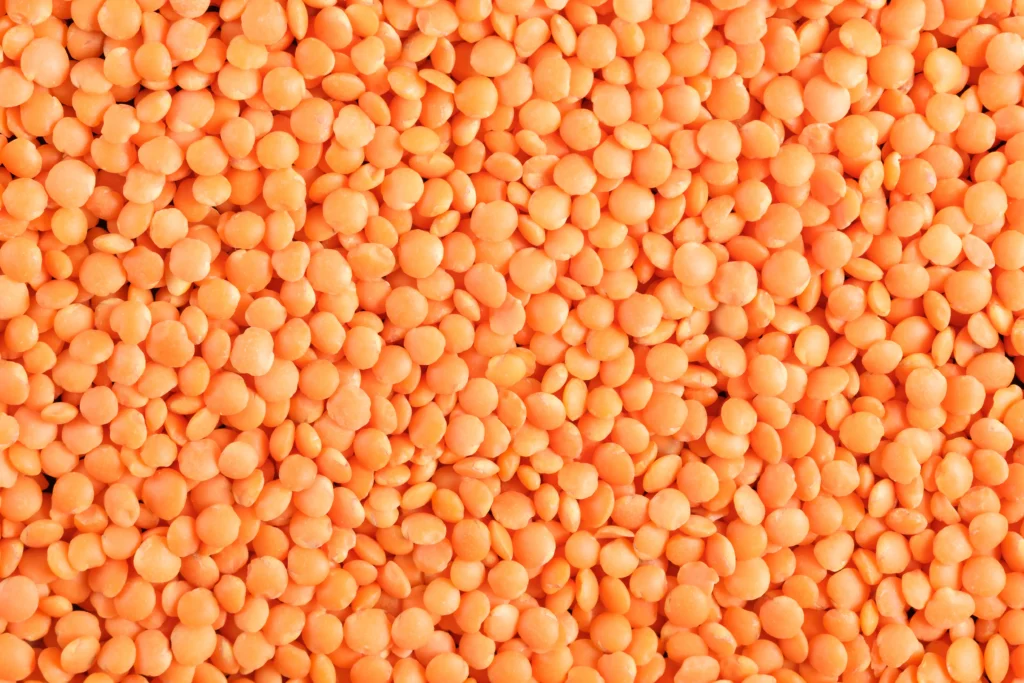
How to feed lentils to your dog
If you choose to feed lentils occasionally:
- Always cook thoroughly – never serve raw
- Rinse well before cooking
- Cook plain without seasonings, oils, or salt
- Allow to cool completely before serving
- Ensure they’re soft and easily digestible
Warnings and Considerations
Several important factors to consider:
- Potential link to heart disease (DCM) when fed as a main protein source
- Can cause gas and bloating if not properly prepared
- Raw lentils contain lectins which can be harmful
- May contribute to mineral absorption issues
- Can cause digestive upset in some dogs
Signs to watch for:
- Excessive gas
- Stomach discomfort
- Diarrhea
- Vomiting
- Lethargy
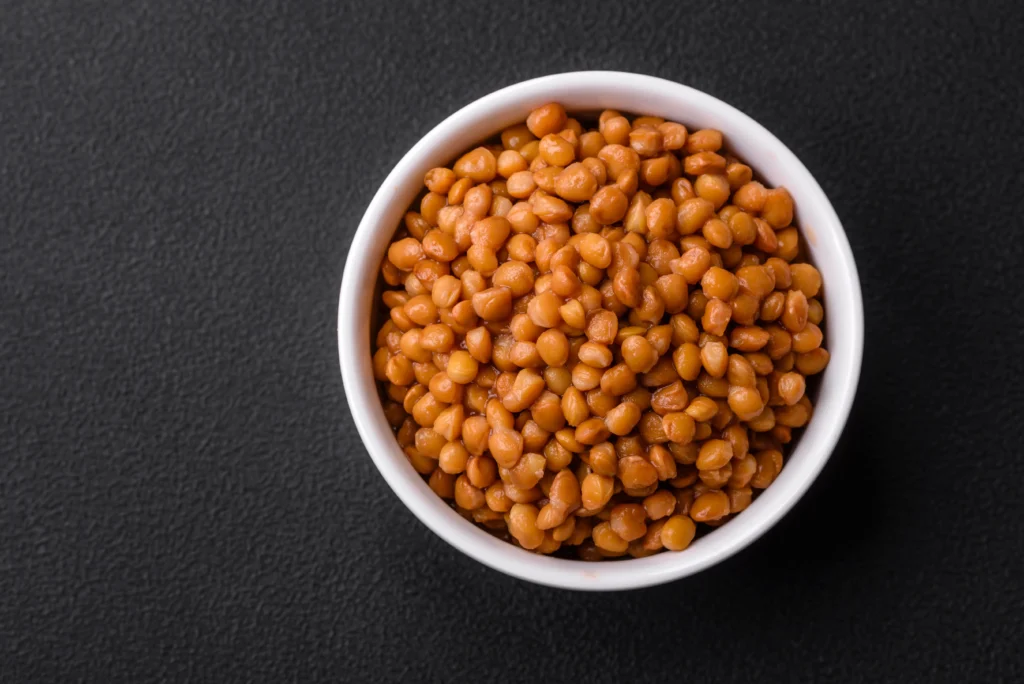
Portion Guidelines
Given the recent concerns, lentils should only be fed in small amounts as an occasional treat:
- Small dogs: 1/2 teaspoon of cooked lentils
- Medium dogs: 1 teaspoon of cooked lentils
- Large dogs: 2 teaspoons of cooked lentils
Good to know: According to research from the UC Davis School of Medicine, the FDA has identified a concerning relationship between legumes (including lentils) and DCM in dogs when used as main ingredients. If your dog’s regular food contains lentils as a primary ingredient, consider consulting with your veterinarian about potential alternatives. This is especially important for breeds with genetic predispositions to heart conditions.
If you notice any signs of heart problems in your dog (coughing, difficulty breathing, decreased energy, collapse), contact your veterinarian immediately, particularly if your dog regularly consumes foods high in legumes.
